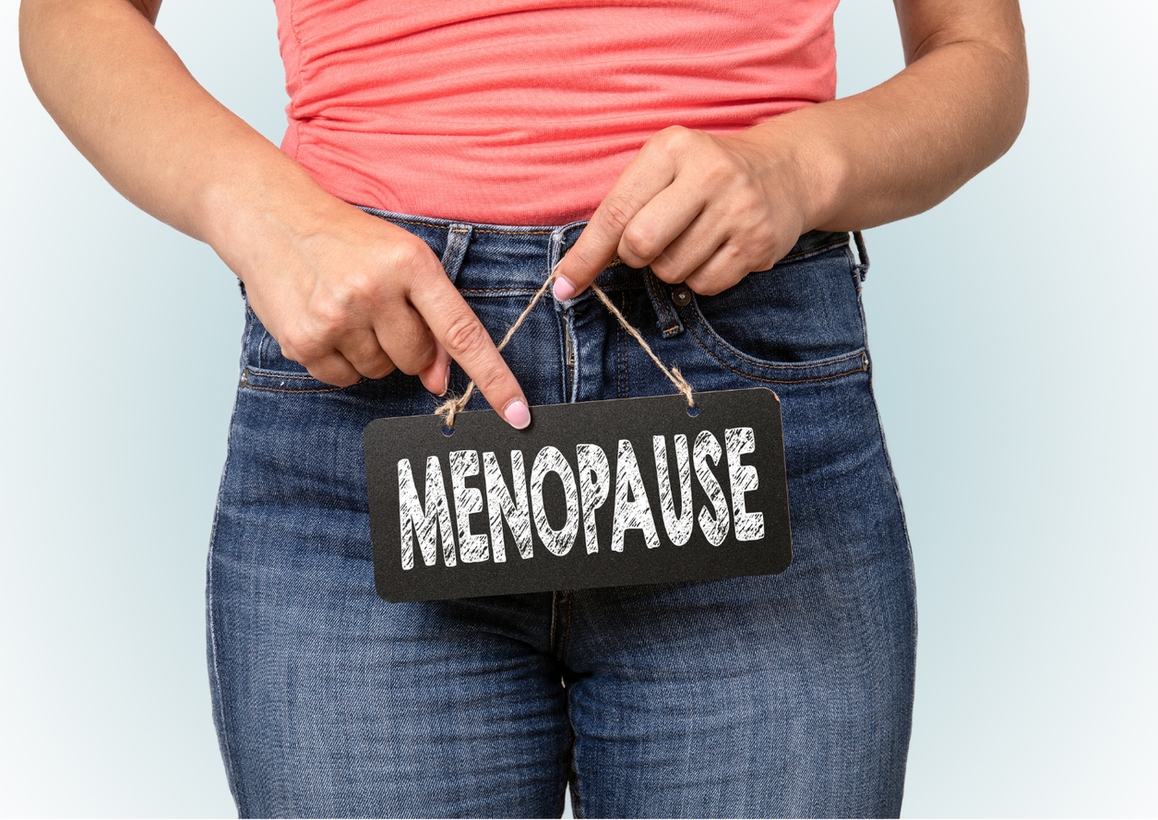Menopause Unveiled: What’s Really Happening Inside Your Body?

Ladies, let’s face it — menopause can feel like a rollercoaster, and none of us signed up for the ride.
From memory lapses and mood swings to disrupted sleep, it’s a journey many of us find overwhelming. I’ve been there too, both personally and professionally, working with women navigating these changes and having to navigate them myself.
One day, you’re watching your kids leave home — bursting with pride and rejoicing in your new found freedom; only to then be hit by the menopause, feeling your world come crashing down around you.
At its core, menopause marks the end of your reproductive years, and it occurs when your ovaries stop producing eggs and your hormone levels — especially oestrogen and progesterone — fluctuate and decrease.
But with the right strategies, this challenging phase can become an empowering journey.
Around 1.3 million women enter menopause each year in the US alone — 13 million in the UK, and 47 million GLOBALLY.
What’s Really Happening In Your Body?
It’s time to delve into this natural transition and understand what’s really going on in that amazing body of yours.
Stages:
The menopause is us graduating and moving on from our reproductive years. It’s officially when you’ve gone 12 months without a period. But it’s far from a one-day event.
The menopause is actually a journey split into three stages:
- Peri-menopause: The start of your body changing and preparing for the menopause. This can start in your 40s (or even late 30s for some). This is when your ovaries start to make less oestrogen, and your periods might become unpredictable and irregular. But this is not always the case — they can also stay as regular as clock-work. This drop in oestrogen also impacts your heart health and bone density (increasing the risk of osteoporosis and fractures). As your eggs supply run out and ovulation becomes less predictable, your chances of becoming pregnant diminish significantly. As oestrogen decreases, your metabolism slows down, which can lead to weight gain, especially around the abdomen — this can also affect your insulin sensitivity and energy levels. Your body is changing, and it can be confusing. Feeling more tired than usual, putting weight on, not sleeping well and getting up for the loo several times a night. You can find yourself not thinking as clearly with fluctuating hormone levels affecting the brain’s neurotransmitters. This period can last for more than 10 years!
- Menopause: The main event. Statistically this is shown to commonly happen around the age of 51 — but in my experience working with hundreds of ladies over the years, and of course my own experience, this is just a loose guide. At this stage your ovaries have officially retired from egg production and you can say “TOODLES” to your monthly cycle! Take the wins where you can.
- Post-menopause: The after-party! This is all the years after menopause. Welcome to your new normal, ladies. This is when it’s time to embrace your freedom and focus on being as healthy and strong as you can. Your body and health need prioritising if you want to live a long, fit and healthy life.
Understanding these changes helps you manage menopause with more awareness and confidence. With the right lifestyle adjustments and support, you can navigate this transition and prioritise your health for the years ahead.
